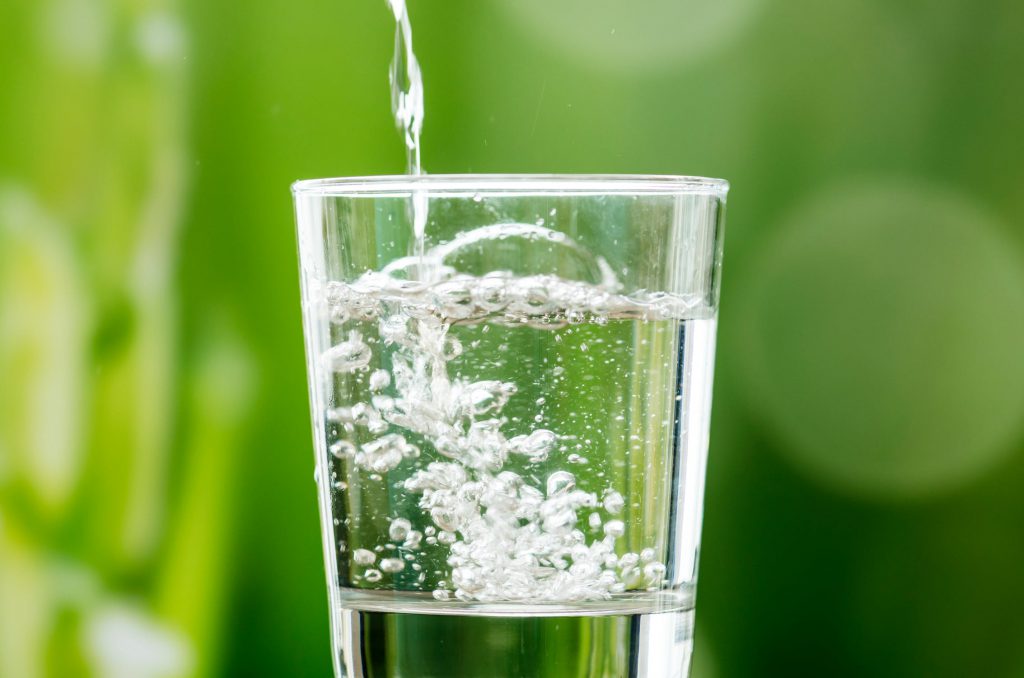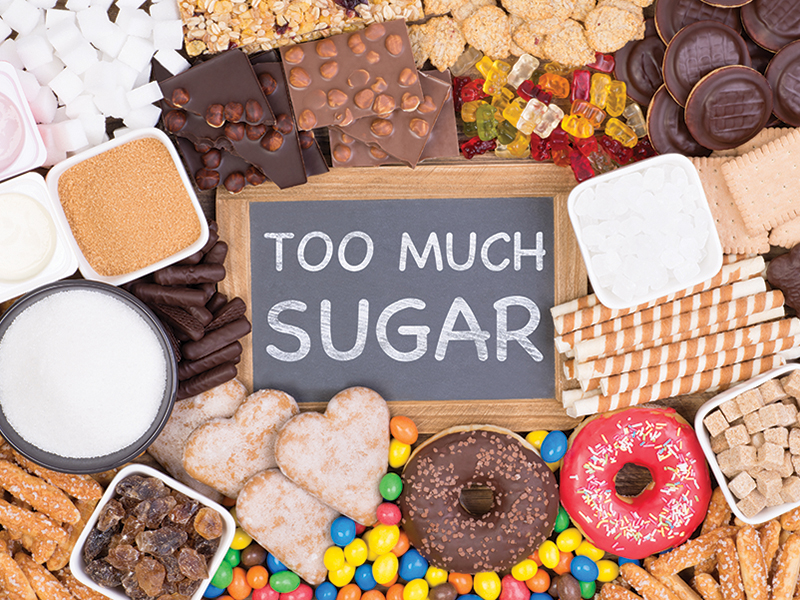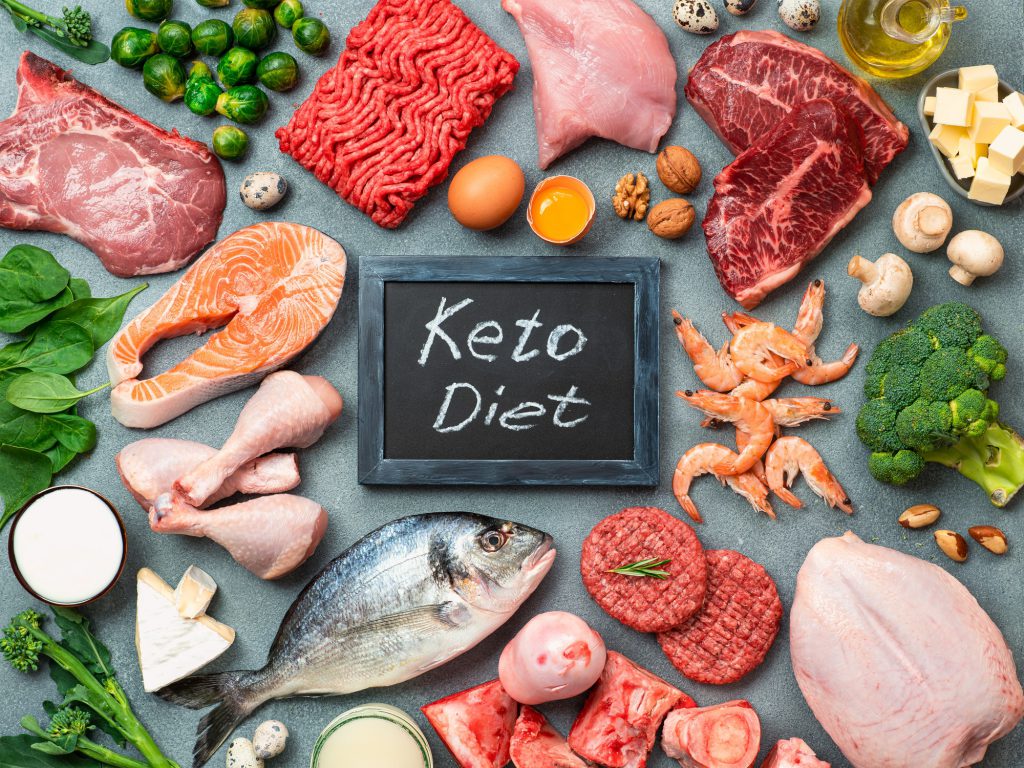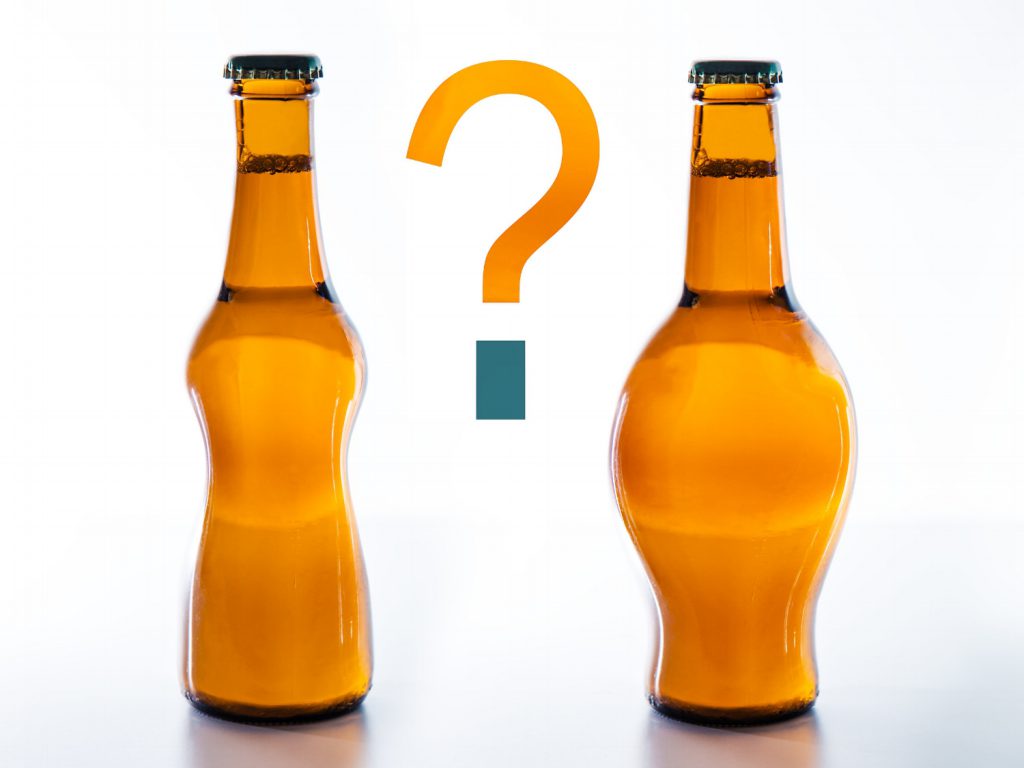Water Intake and Its Role in Weight Loss – The importance of adequate intake of water cannot be over-emphasized. You must have heard the famous saying of “No Water, No Life.” This quote makes more sense when you consider the myriad of health benefits associated with water intake.
To begin with, the human body is made up of about 60% water — quite shocking, right? Well, we discovered more fascinating things related to water and how it benefits our health, which we’ll share with you in a bit.
We’re not saying you’ll achieve your desired body weight overnight just by gulping large volumes of water. However, research suggests that a higher level of body hydration enhances the efficiency with which the body carries out different tasks ranging from thinking to burning body fat.
That’s not all; there’s more. Stick with us as we walk you through the various mechanisms by which water promotes weight loss and how you can safely monitor your weight loss progress via the use of the Strive Weight Loss Competition App.
How Does Water Intake Aid Weight Loss?
Does Drinking Water Help Lose Weight – From reducing calorie intake to suppression of hunger, water seems to offer more than enough means to help you shed weight fast. Let’s have a more detailed look at just how these mechanisms come into play. The necessity of getting enough water cannot be overstated. It should come as no surprise that humans require water to survive. Water is one of the most important substances for humans, as it regulates body temperature, maintains blood pressure, and transports nutrients to and from cells. Water helps in the acceleration of your metabolism, the elimination of waste from your body, and the reduction of your appetite. Furthermore, drinking more water enables your body to stop holding water, which allows you to shed those extra pounds. Water helps weight loss in this way. To stay hydrated and lose weight, make sure you’re drinking eight to ten eight-ounce glasses every day.
Water Is a Natural Hunger Suppressant
Sometimes when we feel hungry, we may only be thirsty. This is because the brain often mistakes thirst for hunger. Hence, resorting to eating anytime you feel hungry can lead to overeating and eventually overweightness.
However, taking water regularly could send satiety signals to your brain, which can help suppress hunger to a large extent. One 2016 study proved that consuming 1 pint (568 ml) of water just before breakfast reduced food intake by 22%.
It Reduces Your Calorie Intake
Water is a healthier substitute for some liquids like soda, sweetened tea, coffee, juice, with high-calorie content since it slashes your overall calorie intake, further aiding your weight loss progress.
Interestingly, several studies have been carried out to back up these claims. For instance, one six-month 2015 study on overweight women found that replacing diet beverages with water following the main meal led to considerable weight reductions. Another research found that substituting sugar-sweetened beverages, milk, and juice with water reduced the risk of overweightness in children by an impressive 31%.
It Enhances Your Metabolism
Adequate water consumption does a great job at enhancing your overall metabolism and the rate at which energy is expended. This, in turn, aids body weight regulation.
In one 2013 experimental study examining the effect of water-induced thermogenesis on 50 overweight girls, drinking about two cups (500 ml) of water 30 minutes before breakfast, lunch, and dinner yielded considerable reductions in body composition and body mass index (BMI), and bodyweight.
Notably, water, especially when taken cold, induces heat generation (thermogenesis) in the body, causing the body to expend considerable energy in restoring the body’s temperature. This escalated energy expenditure boosts the body’s metabolism process, which is known to aid weight loss.
It Aids Exercise
During exercise, the body loses a lot of water. Therefore, there’s always a need to stay adequately hydrated during exercise as water helps dissolve electrolytes and evenly distribute them throughout the body. Notably, taking water during a workout could save you from muscle cramps and ensure that your exercises are effective.
Furthermore, by enhancing your workouts and reducing fatigue, adequate water intake could help you work out for more extended periods and burn an increased amount of calories.
Water Aids Fat Burning
Adequate consumption of water can promote lipolysis — the breakdown or burning of fat to yield energy. On the contrary, dehydration has been shown to slow down lipolysis, possibly due to hormonal fluctuations as well as the cell volume expansion effect of water, a process that plays a potentially important role in the metabolism of fat.
It Helps the Body Eliminate Waste
Aside from eliminating thirst, adequate water intake could also help to ensure optimal urine production and the excretion of feces. This is so since urine is primarily composed of water, and water softens the stool. As such, adequate hydration helps reduce the risk of gastrointestinal issues like bloating and constipation.
These effects are particularly beneficial in weight loss since there are speculations that the adequate excretion of urine and feces may play a role in losing weight.
It Helps to Reduce Stress
Symptoms like dizziness, confusion, and fatigue are commonly associated with dehydration. On the contrary, water aids stress reduction by suppressing the production of the stress hormone — cortisol. Since eliminating fatigue and dizziness allows you to expend more energy and burn more calories by participating in certain activities or exercises, regular water intake may help promote your weight loss goals.
How Much Water Is Just Okay For Weight Loss?
How Much Water Should I Drink to Lose Weight – While the majority of health experts advise the daily intake of eight 8-oz glasses of water (approximately 2 liters) of water for optimal body function, research suggests that consuming anywhere between 1 to 2 liters (four to eight 8-oz glasses) of water daily is enough to aid weight loss. However, specific populations may need to consume more water. For example, if you exercise regularly or sweat more often than not, you may need to drink more water than the average individual.
Yet, while you’re at it, it’s important not to drink too much water as it can potentially lead to water toxicity, which could cause death in some cases.
When Is the Best Time to Drink Water for Weight Loss?
Generally, you should drink water whenever you feel thirsty or feel symptoms of dehydration like headache, dizziness, etc. However, for those looking to lose weight, drinking water just before meals proves to be the best option.
Notably, one randomized controlled trial on 24 obese and overweight adults found that consuming 500 ml (16.9 oz) of water half an hour before breakfast slashed calorie intake by 13%. A similar comparative study establishes that the intake of 300–500 mL (12.5–16.9 oz) of water just before lunch minimized calorie intake and hunger in the elderly, but not among young adults. However, increased satiety levels were noted across all subjects.
The Strive App — An Excellent Means of Keeping Fit
We understand that adhering to weight loss programs and practices could prove challenging for some. As with anything in life, people can easily get discouraged when they feel that they’re not making significant progress or simply not aware of how much progress they’ve made.
The same applies to the weight loss journey. There’s a constant need to stay motivated and monitor your progress. But how can this be done? Luckily, Strive offers Weight Loss Tracking and BMI Tracking in addition to other features.
This mobile fitness app allows you to monitor weight loss metrics like body mass index (BMI), body fat percentage, number of steps, etc. The app also enables you to record your weight when you connect it to a smart scale. Another exciting feature of this mobile fitness app is that you can pair it with your Apple Watch while participating in weight loss competitions with friends and family.
Suppose you’ve taken it upon yourself to monitor your water intake by ensuring you consume specific amounts daily. In that case, the Strive app can further help you assess your weight loss progress over a particular time. Also check us out on Instagram to join us and stay motivated https://www.instagram.com/strivecompete/
How much water do you need to drink in a day?
The body loses water throughout the day, mostly through urine and sweat, and also through regular bodily processes like breathing. Drink adequate water and consume a lot of fruits and vegetables each day to prevent dehydration. How much water you should consume each day is a topic with a wide range of opinions. Health experts typically advise drinking eight 8-ounce glasses of water each day, or around 2 litres, or half a gallon. However, some health professionals are of the opinion that you should consume water continuously throughout the day, even if you are not thirsty.
Does more water help prevent health problems?
You must drink enough water in order for your body to function correctly. Increased water consumption may also aid in the treatment of a number of health problems, including:
- Constipation- Increasing water intake can help with constipation which is a very common and serious problem nowadays.
- Urinary tract infections- Recent studies have shown that increasing water consumption may help to prevent recurring urinary tract and bladder infections.
- Kidney stones- High water consumption was found to reduce the risk of kidney stones.
- Skin hydration- According to studies, more water contributes to better skin hydration. You should drink more and more water for a glowing skin.
How does water regulate our body temperature?
Maintaining your body temperature requires staying hydrated. Your body loses water through sweat when you exercise or are in a hot environment. Sweat cools your body, but if you don't replace the water you lose through sweat, your body temperature will rise. That's because dehydration causes your body to lose plasma and electrolytes. If you're sweating more than normal, you should drink plenty of water to avoid dehydration. To stay hydrated, drink approximately 2 to 3 litres of water every day.
What are the benefits of drinking boiled water?
There are certain benefits of drinking boiled water:
- Relieve nasal congestion
- Helps in aid digestion
- Improve central nervous system function
- Help in relieve constipation
- Keeps you hydrated
- Reduces shivering in the cold
- Improves circulation
- Decrease stress levels
- Help the body’s detoxification systems
How do you know if water is helping you lose weight?
Your total intake of liquid calories may be decreased by drinking water. Since water has no calories, preferring it to fill your glass instead of higher calorie beverages like juice, soda, or sweetened tea or coffee will help you consume less liquid calories overall. As taking an increasing amount of calories leads to increase in weight so it is essential to reduce liquid calorie intake in order to reduce weight.
Can drinking too much water make you gain weight?
The swelling and extra water in the bloodstream that results from excessive water consumption might cause people to gain weight quickly. If you're drinking more than 10 cups of water every day and notice swelling or discoloration in your hands, lips, and feet, try to reduce your water intake and see if your symptoms subside. The extra pounds that you gain from drinking water are called water weight. If a person drinks a large amount of water at one time, their kidneys won’t be able to keep up and won’t be able to dismiss the extra water. This extra water that’s left over in your body disrupts the electrolyte balance that is responsible for regulating the water. One quart of water is equal to two pounds. This weight will be on the scale immediately after you drink the water.
What time should you stop drinking water for weight loss?
If you want to lose weight then you should never drink water after a meal. Always drink water after 30 mins of eating your food. Drinking water immediately after a meal will never help you to lose weight, instead there will be an increase in your belly fat if you drink water instantly after eating. So stop drinking water immediately after your meal.
Should we drink hot or cold water after a workout?
Some medical professionals claim that consuming ice water immediately following a strenuous workout may shock your internal organs, which are already at a considerably warmer temperature than the liquid you are consuming. They contend that drinking water that is too cold prevents your body from rehydrating itself to its full potential. This is due to the fact that our bodies typically maintain a temperature of 98.6 degrees Fahrenheit, so when we drink water that is much colder, our bodies must expend energy to heat the water so that it can be used throughout the body. So you should prefer drinking warm or normal water after a workout.



